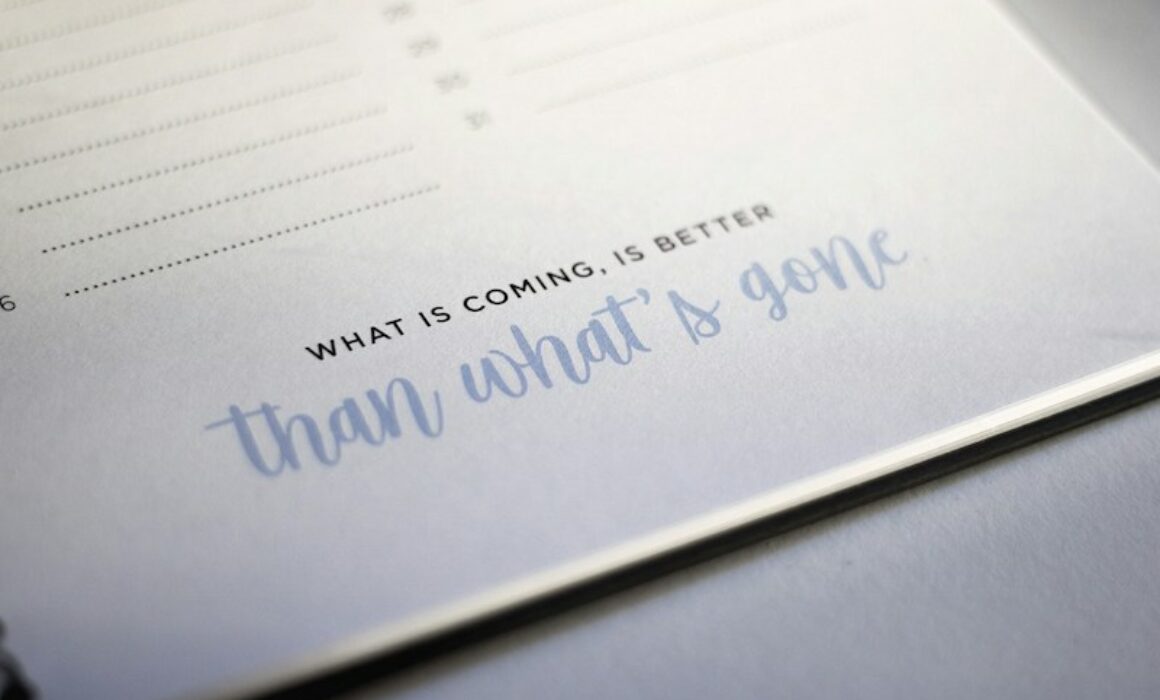
After months or even years of navigating the challenges of cancer treatment, finally completing treatment can be a bittersweet moment. While it brings immense relief, it also marks the beginning of a new phase in life, one that often comes with its own set of challenges and uncertainties. Going through cancer treatment can be incredibly disruptive, leaving behind a trail of physical, emotional, and psychological scars and even losses.
As you embark on life after treatment, it’s crucial to acknowledge these scars and losses and to embrace the process of rebuilding and recovery. In this article – the second of Dr Jane Clark’s series on navigating life after breast cancer – Dr Clark provides some insight into why you may be experiencing feelings of loss at this point in time as she sets the scene for the subsequent articles in this series. Read on for Dr Clark’s insight and advice.
The tasks of recovery
This article is adapted by Dr Jane Clark from an article originally written by Jane and Dr Peter Harvey. See the first article in this series for a background on this series of articles.
It may seem a bit daunting to see a heading like this – after all, you’ve maybe just come through months of treatment and you were looking forward to bit of a break and now you read that you have even more work to do in order to recover!
This is not quite as frightening as it seems. One of the emotional threads that runs through much of the period from diagnosis to the immediate aftermath of treatment is that of loss.
There are many parts of your life that you may feel you have lost completely or partially, temporarily or permanently.
Feeling a loss of control
Often, one of the first things to go is a sense of control. Think of our boat analogy again, there may have been little warning of the huge storm that was about to blow up and whilst it was raging, you may have had little control. For some of you the whole process from discovery of a symptom through to treatment was so fast that it must have felt as if you had no time to draw breath.
“The plan for my surgery was in place before I was even aware that it was necessary. In some ways, that’s great, you want the cancer out but there was little time for me to process what was happening and even start to take in that it was really happening…and to me!”
For others of you, the process might have been a much more tortuous process. But in these and in many other cases there is an over-riding sense of loss of control of your life.
All of a sudden, your life is taken over by a system (admittedly there to help you) but which works to its own rules and timetables. Your diary becomes filled with hospital appointments and clinic visits, often reaching well into the future if you are on a long course of chemotherapy.
Cancer itself sometimes produces a strong sense of uncontrollability and if you add that to the surrendering of control to the healthcare system, it is hardly surprising that there is such an overwhelming feeling of being out of control.
The loss of your former self
There are other losses, too. The treatment itself can produce losses of body parts – either permanent or temporary and a consequent change of body shape and sense of bodily integrity. The loss of a breast can also carry more significance to your sense of self and being female.
There may be a loss of independence as you become reliant on others to ferry you about to appointments or to get your shopping for you. This may also reflect a loss of position or status – your position in the family, as provider (financially, emotionally, practically) to your loved ones or your role at work may feel diminished by your new role as a ‘cancer patient’.
If your diagnosis has been a struggle and you feel people may not have taken you seriously (see Life After Breast Cancer: Regaining trust in your body after treatment), or if you experienced a series of problems with the actual delivery of your care (cancelled clinics or lost scans, for example) you may be feeling that a system that you have trusted previously is not as robust and helpful as you had thought (see Life After Breast Cancer: How to rebuild trust in a healthcare system).
You may have found that some people in your social network have not been as helpful as you wanted or might have expected; you may have found who your real friends are – and are not (see Life After Breast Cancer: How to regain trust in other people after treatment).
Putting your head down and getting on with it
During your treatment you may have found that the best way to deal with everything is to put your head down and just get on with it. Think back to our boat analogy and the idea of clinging on, head down, to get through the peak of the storm. You may not have had either the time or the energy to spare to try to deal with all the emotional and other issues that have arisen – you may have put them on one side to be dealt with at the time when you are feeling more up to it.
This is not a bad way of managing things. It is certainly true that the demands of treatment can take all your energy and there is simply no spare capacity to deal with anything else. Likewise, not everything needs dealing with right now – you can defer some problems until you need to.
A good example of this is concern about returning to work. If you are in the midst of a long treatment regime going back to work may be many months in the future. Unless there are work issues that absolutely must be dealt with now, it is sensible to approach them once your treatment has finished and you have more time energy and clarity to focus on this important issue.
Some positives after breast cancer treatment
Of course, it’s not all about loss and gloom. There are other aspects of cancer, its treatment and the aftermath that can feel very different – positive and uplifting (see It’s not always all bad) but for many people these are offset by some less pleasant experiences.
Acknowledging feelings of loss and accepting the task at hand
One of the important aspects of dealing with cancer and its treatment is to acknowledge the losses as once these are acknowledged then it becomes easier to deal with the rebuilding and recovery process.
This series of articles is aimed at helping you do this by addressing the tasks of rebuilding trust in your body, in yourself, in the healthcare system and in your social world.
As everyone is different you may only need to dip into the parts of this that you feel are relevant to you, but there is extensive cross-linking as very few of these losses occur in isolation.
Dr Jane Clark, Consultant Clinical Psychologist
Further Information
The next article in this series of articles covers the importance of allowing yourself time to recover, recuperate and convalesce after breast cancer and you can read it here 3: Life After Breast Cancer: How to recuperate and convalesce
If you’re looking for more support, Future Dreams hold a range of support groups, classes, workshops and events to help you and your carers during your breast cancer diagnosis. These are held both online and in person at the London-based Future Dreams House. To see what’s on offer and to book your place, see here.
To return to the homepage of our Information Hub, click here where you can access more helpful information, practical advice, personal stories and more.
This page was reviewed in April 2024 by the Future Dreams team
The information and content provided in all guest articles is intended for information and educational purposes only and is not intended to substitute for professional medical advice. It is important that all personalised care decisions should be made by your medical team. Please contact your medical team for advice on anything covered in this article and/or in relation to your personal situation. Please note that unless otherwise stated, Future Dreams has no affiliation to the guest author of this article and he/she/they have not been paid to write this article. There may be alternative options/products/information available which we encourage you to research when making decisions about treatment and support. The content of this article was created by Dr Jane Clark, Consultant Clinical Psychologist and we accept no responsibility for the accuracy or otherwise of the contents of this article.
©️ 2023 Jane Clark and Peter Harvey. With quotes from the creators of the Ticking off Breast Cancer website (now Future Dreams Information Hub). All rights reserved.
Share
Related reads

Support awareness research
Donate to those touched by BREAST cancer
Sylvie and Danielle began Future Dreams with just £100 in 2008. They believed nobody should face breast cancer alone. Their legacy lives on in Future Dreams House. We couldn’t continue to fund support services for those touched by breast cancer, raise awareness of breast cancer and promote early diagnosis and advance research into secondary breast cancer without your help. Please consider partnering with us or making a donation.



